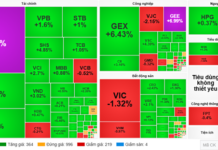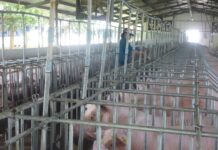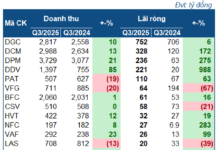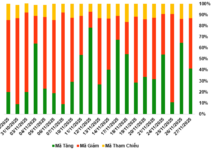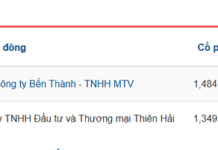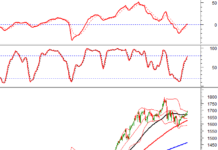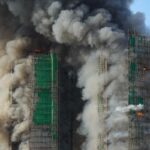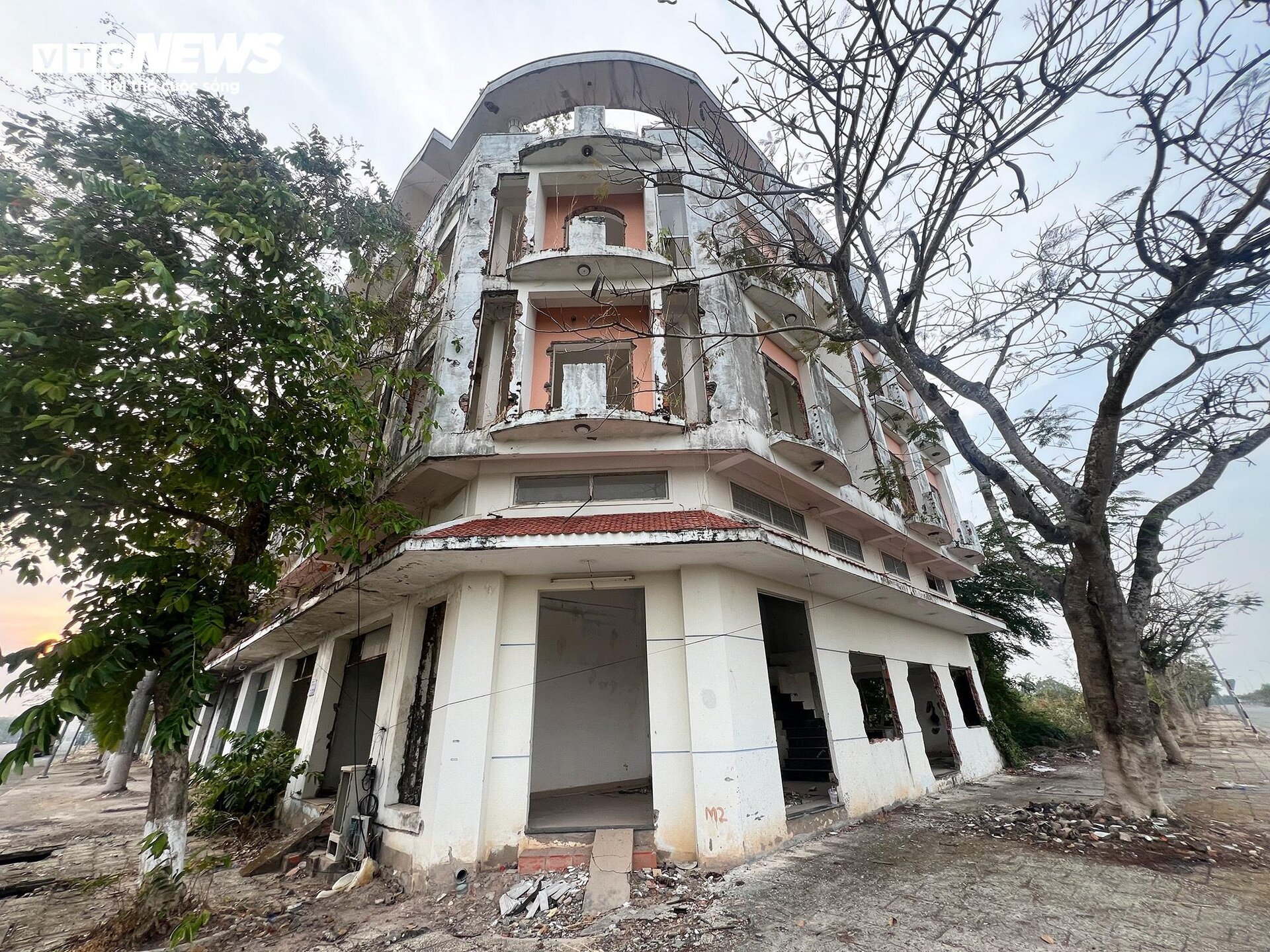
Operational since January 2006, Moc Bai Duty-Free Store (Loi Thuan Commune, Ben Cau District, Tay Ninh) is a system of duty-free supermarkets aimed at bringing high-quality Vietnamese products to the Cambodian market at the Moc Bai International Border Gate.
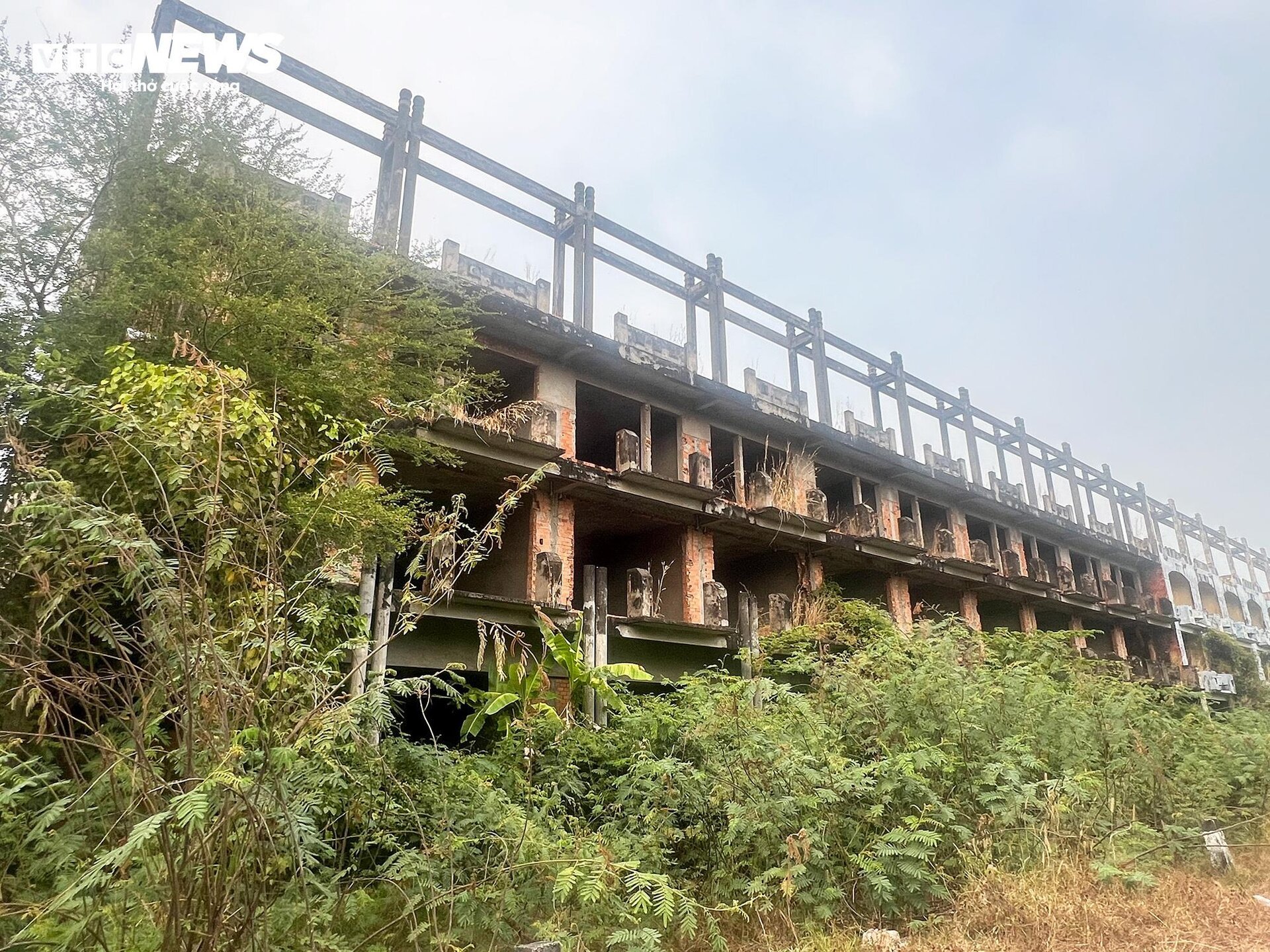
These shophouses used to be a symbol of bustling international trade, but now they are deteriorating and abandoned.
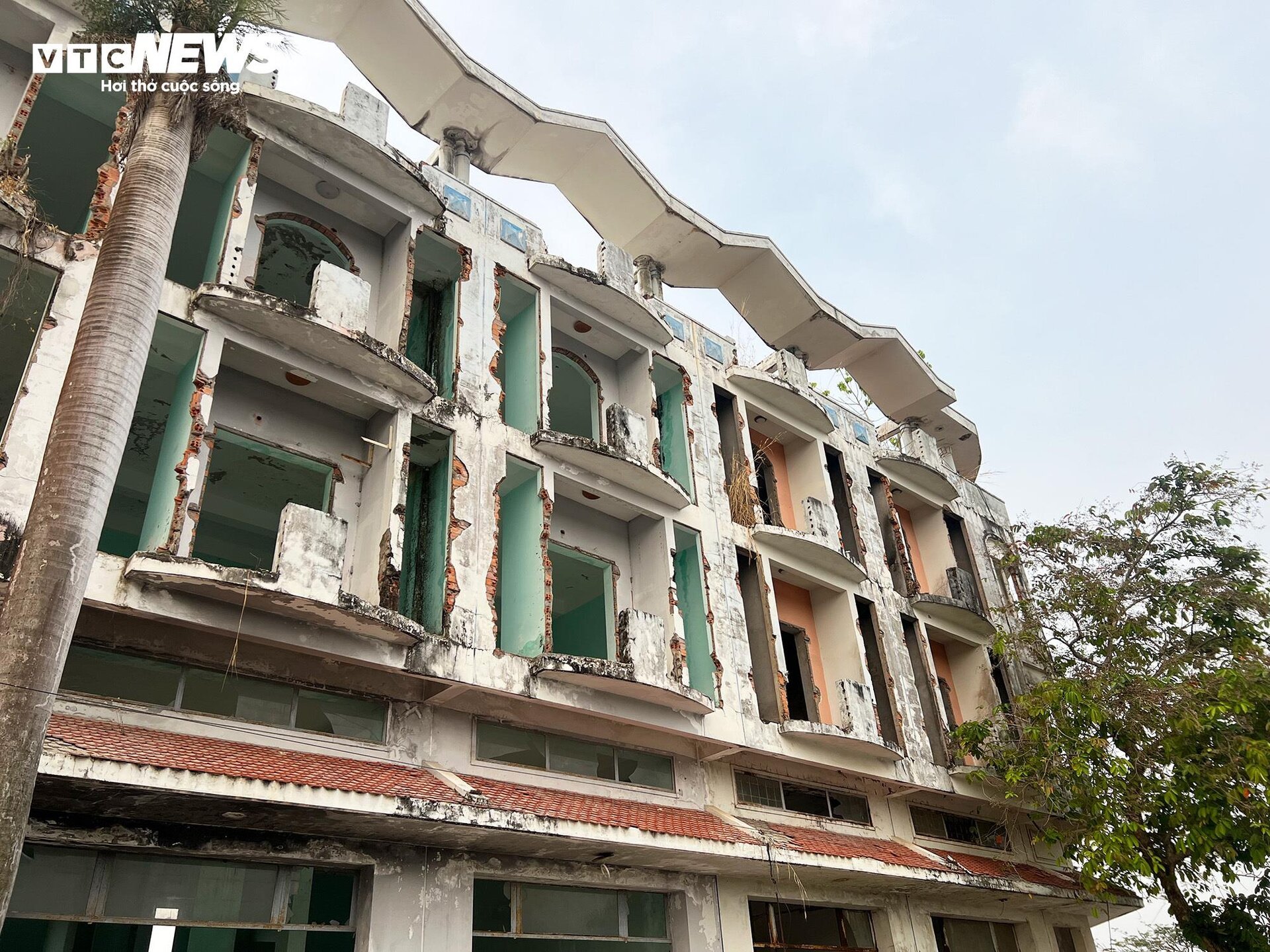
The glass doors are shattered and disintegrated, showing signs of deterioration.
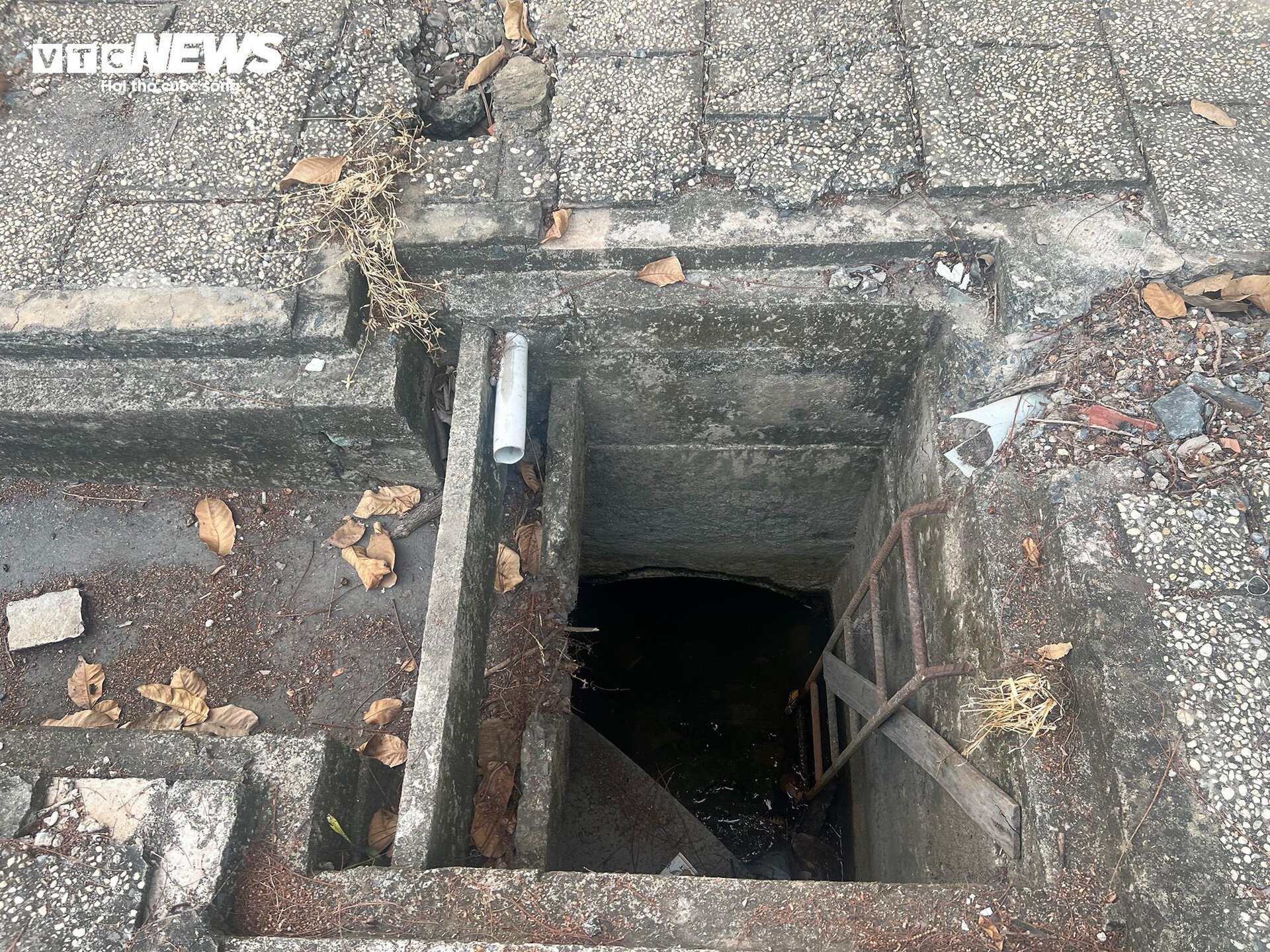
There are many uncovered drains and hidden dangers for residents in this area.
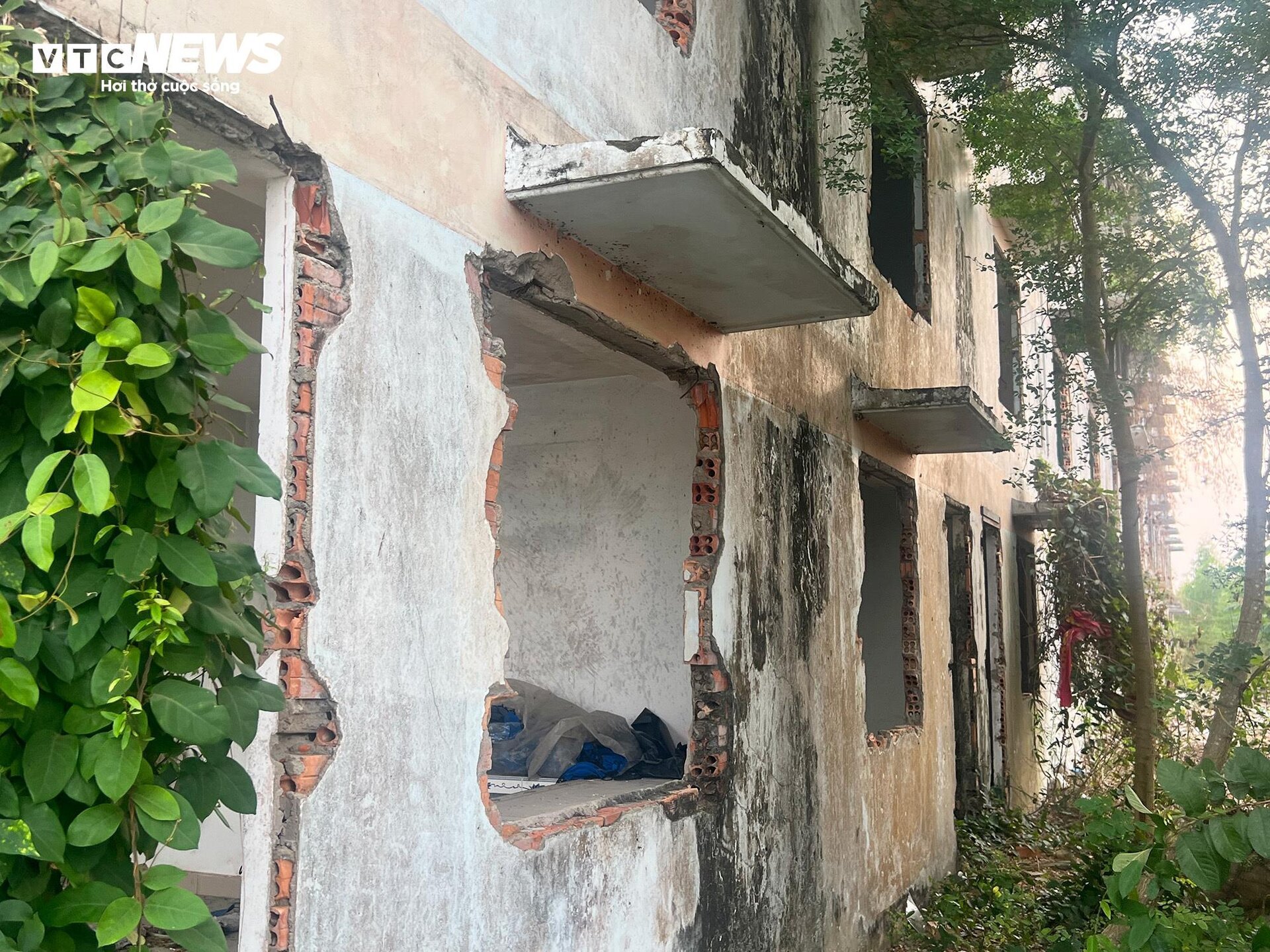
Responding to VTC News, Mr. Le Thanh Kiet, Head of the Tay Ninh Economic Zone Management Board, stated that the abandoned houses belong to two different cases. Firstly, the ki-ot business premises that were previously invested and built. Secondly, the houses belonging to some residential and urban area projects.

According to Mr. Kiet, initially, the development orientation of the Moc Bai Border Economic Zone focused on trade and services. In particular, the breakthrough was the implementation of the tax-free sales policy to attract tourists and create motivation for the formation and development of new urban areas in Moc Bai.
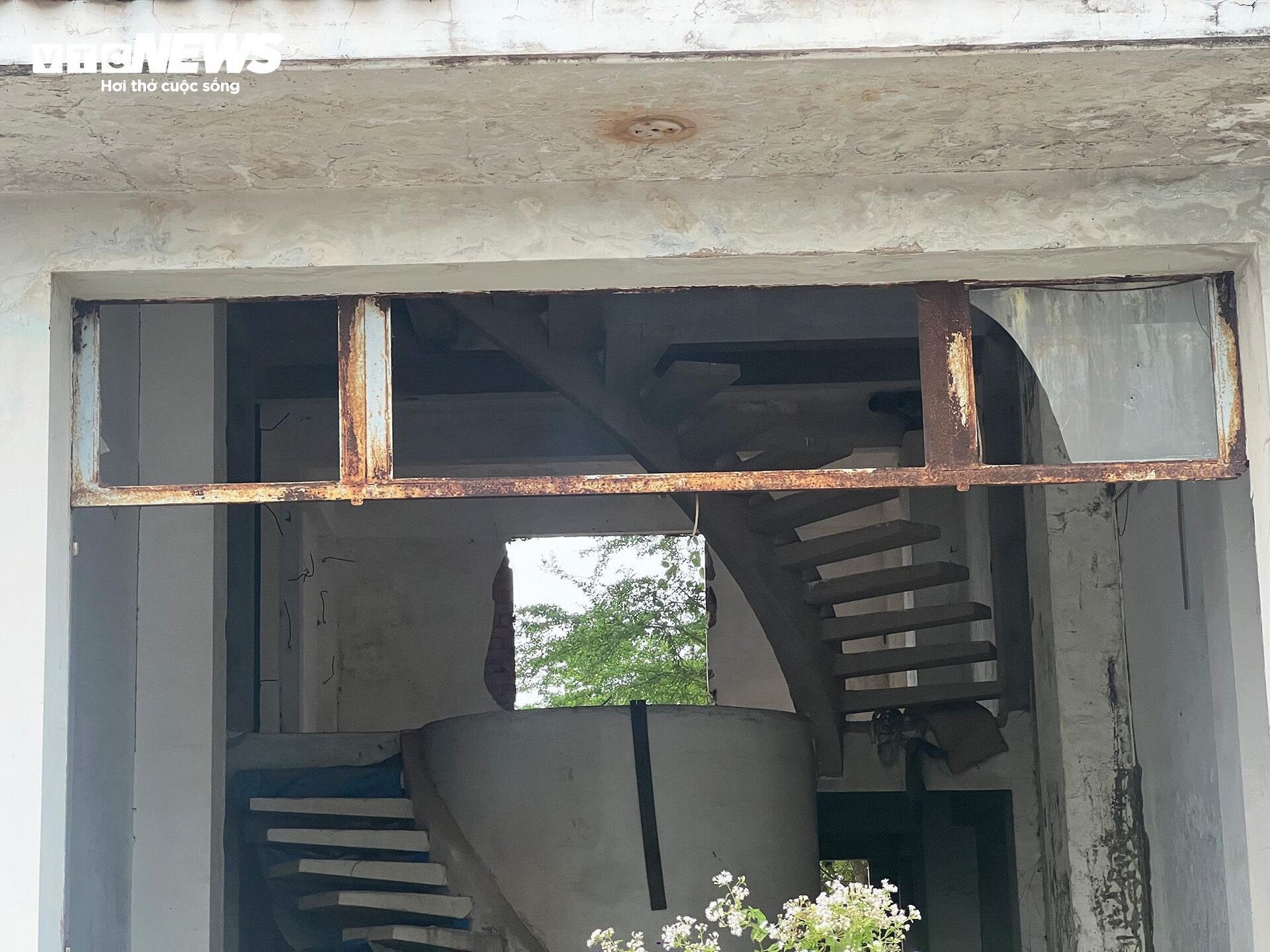
Supermarkets, shopping centers, cross-border markets, and tax-free shops only thrived in the early years of implementing tax-free sales policy for domestic tourists. When this policy changed, commercial activities gradually narrowed. By March 2018, all tax-free business enterprises ceased operations due to the government’s abolishment of the tax-free sales policy.
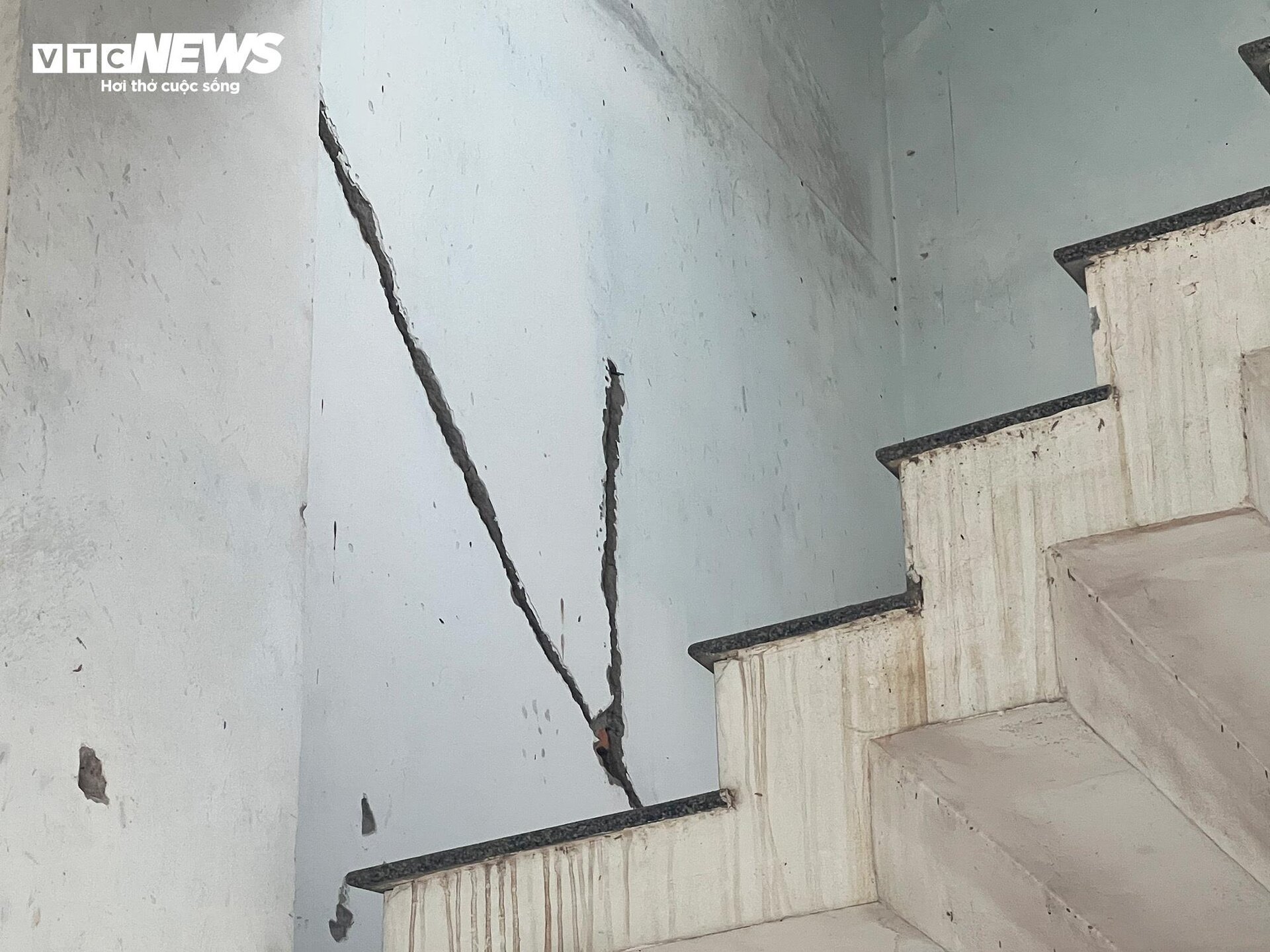
There is almost no housing market in this area, and the investment attraction policy is unstable, with laws changing over time. Furthermore, due to the declining real estate market, the development momentum of Moc Bai Economic Zone has diminished, leading to prolonged construction projects. Additionally, the financial capacity of some investors is not strong enough to maintain the implementation of projects according to the approved direction.
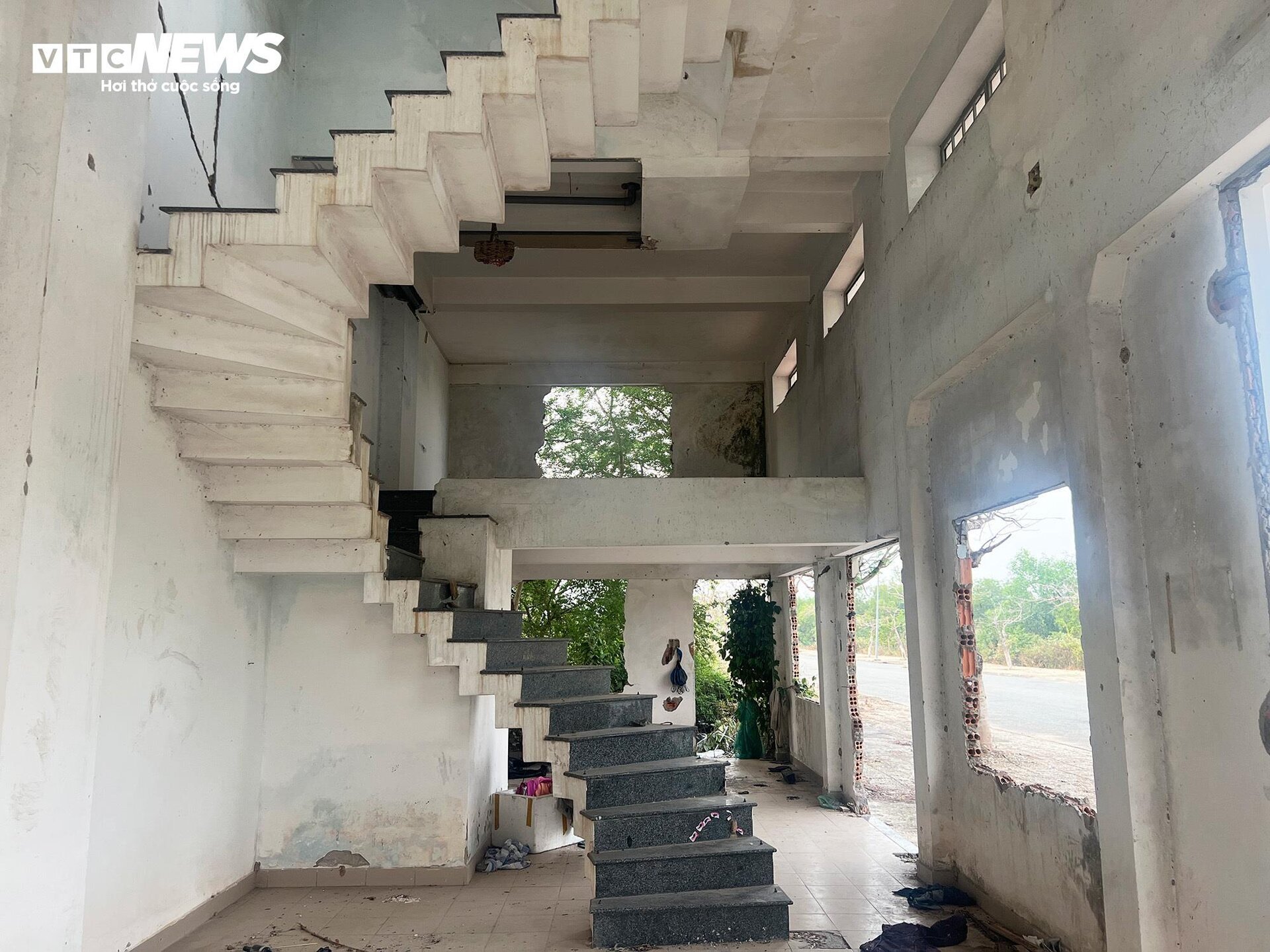
Tay Ninh Province is focusing on adjusting the overall construction planning of the Moc Bai Border Economic Zone towards industry, urban areas, trade, and services in connection with national defense and security for approval by the Prime Minister. After the general planning is approved, the province will formulate a detailed plan for the construction of functional areas as a basis for project implementation and investment attraction.
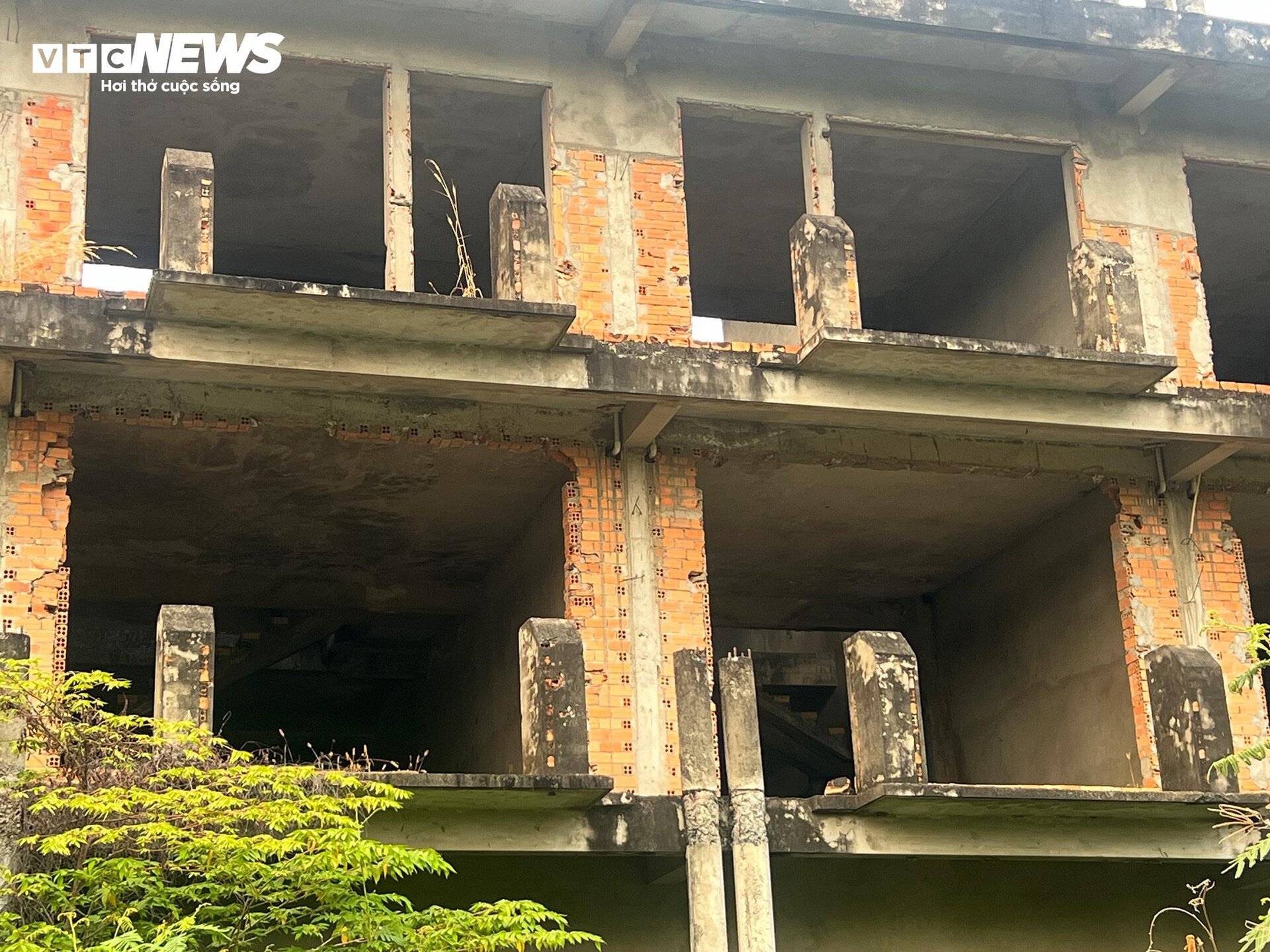
Therefore, the proposed conversion of functions must comply with the construction planning, land use planning, land use plan, and development orientation of the Moc Bai Border Economic Zone in the near future.
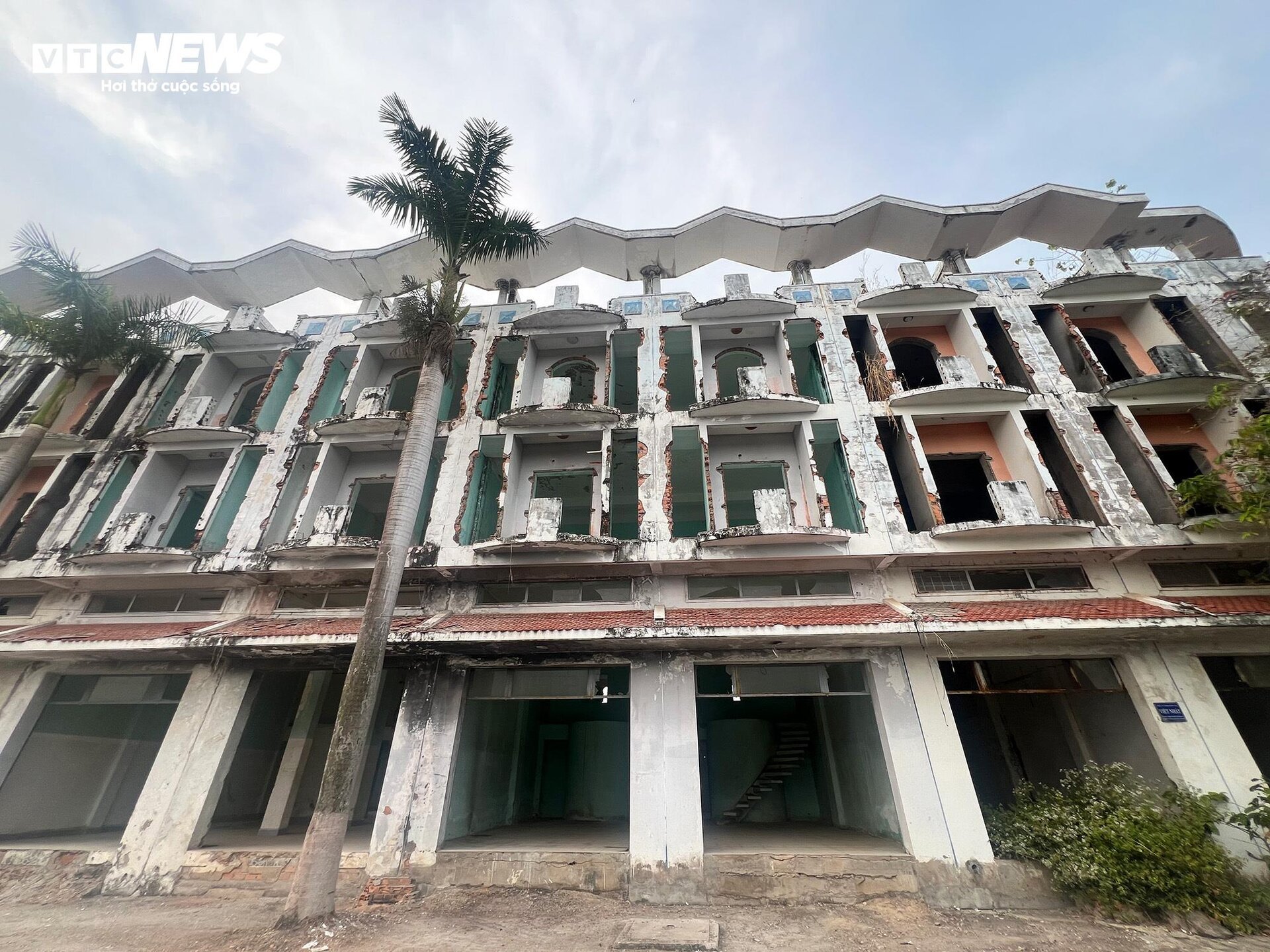
“For now, the province has not considered the function conversion until the detailed planning of functional areas is approved,” said Mr. Kiet.
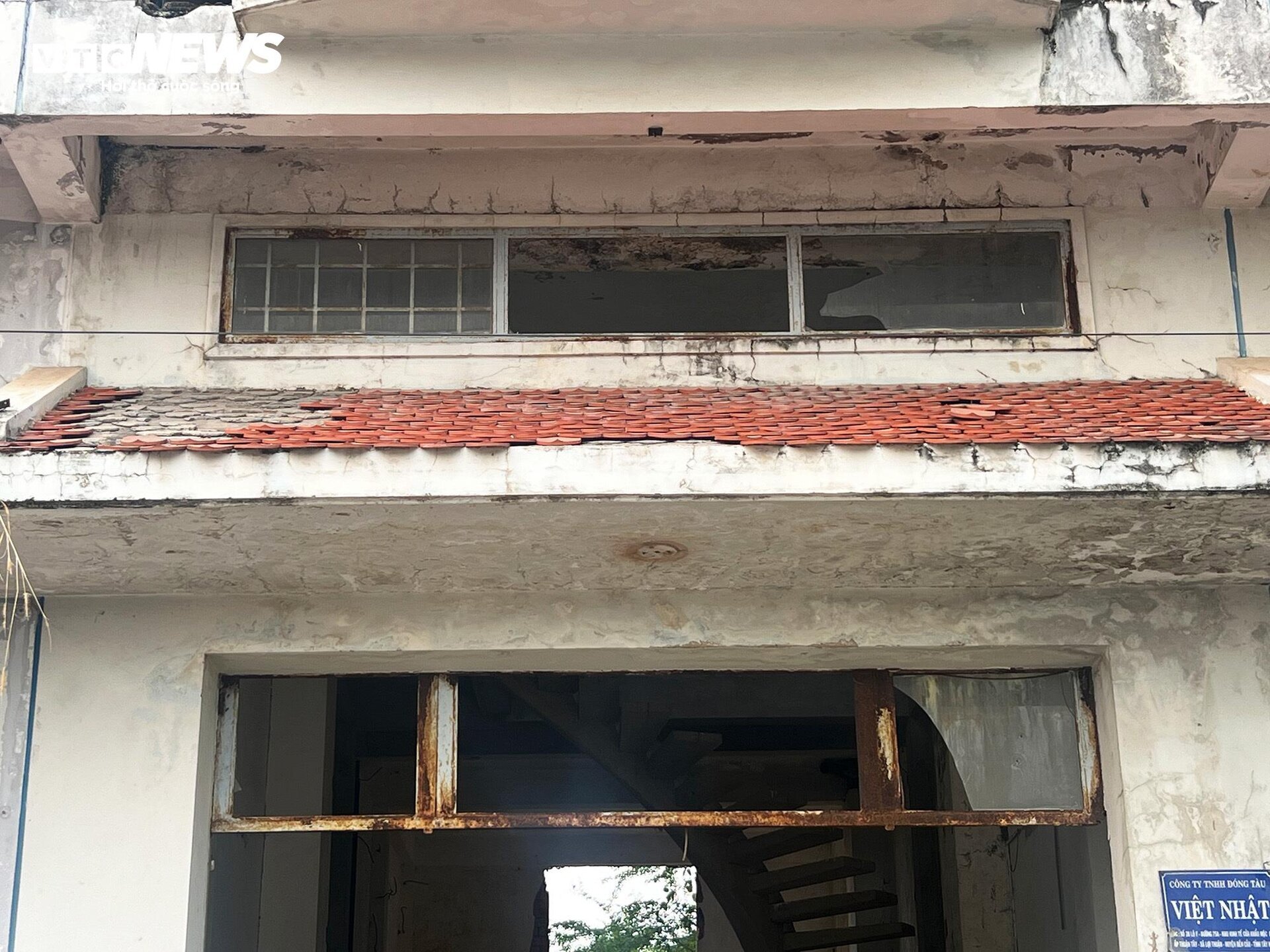
Tay Ninh Province has established inspection teams to ensure compliance with legal regulations regarding investment, land, planning, construction, and related matters for delayed projects in the Moc Bai Border Economic Zone.
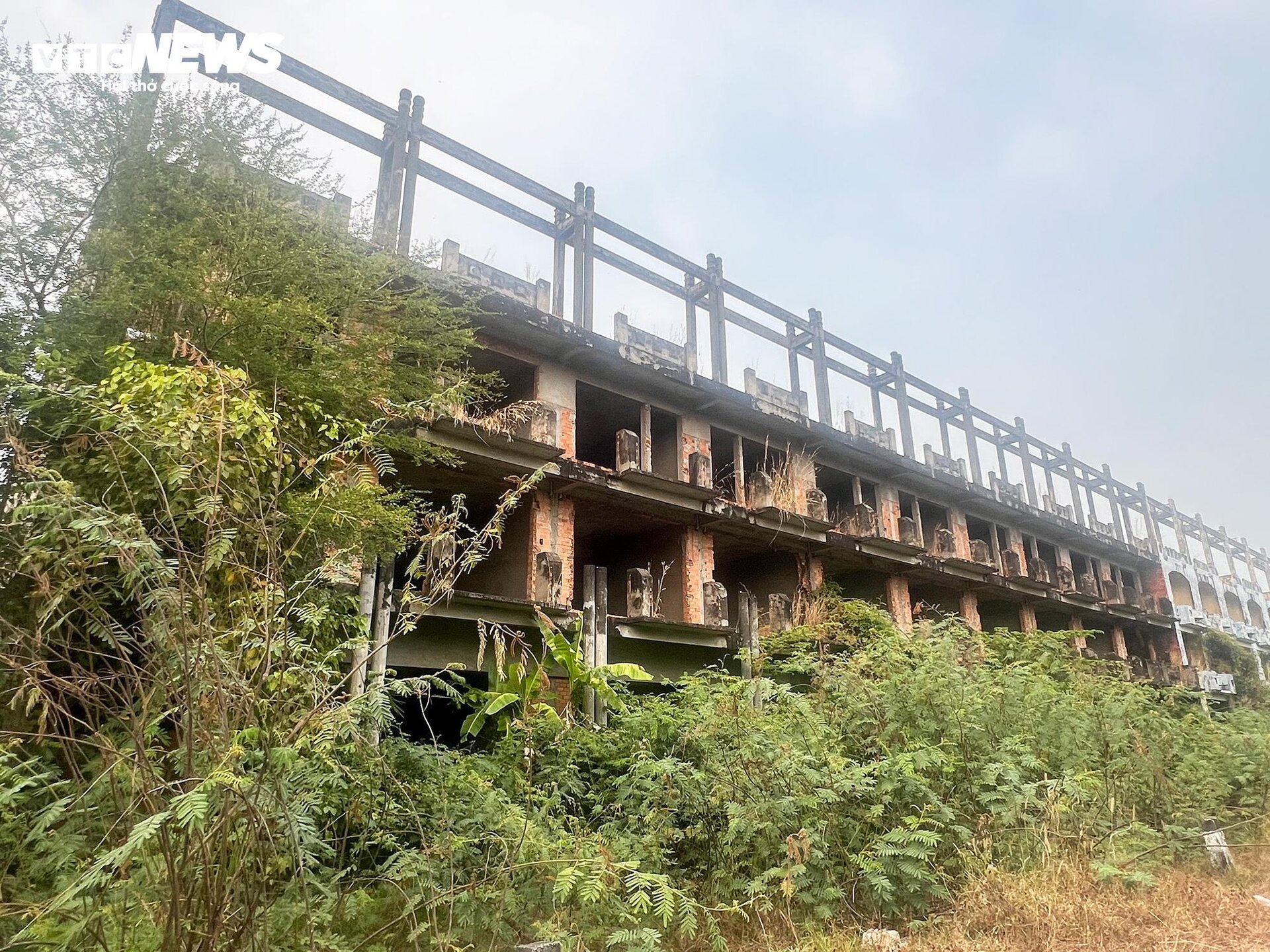
Residential, urban, and shopping center projects must be handled in accordance with regulations.

